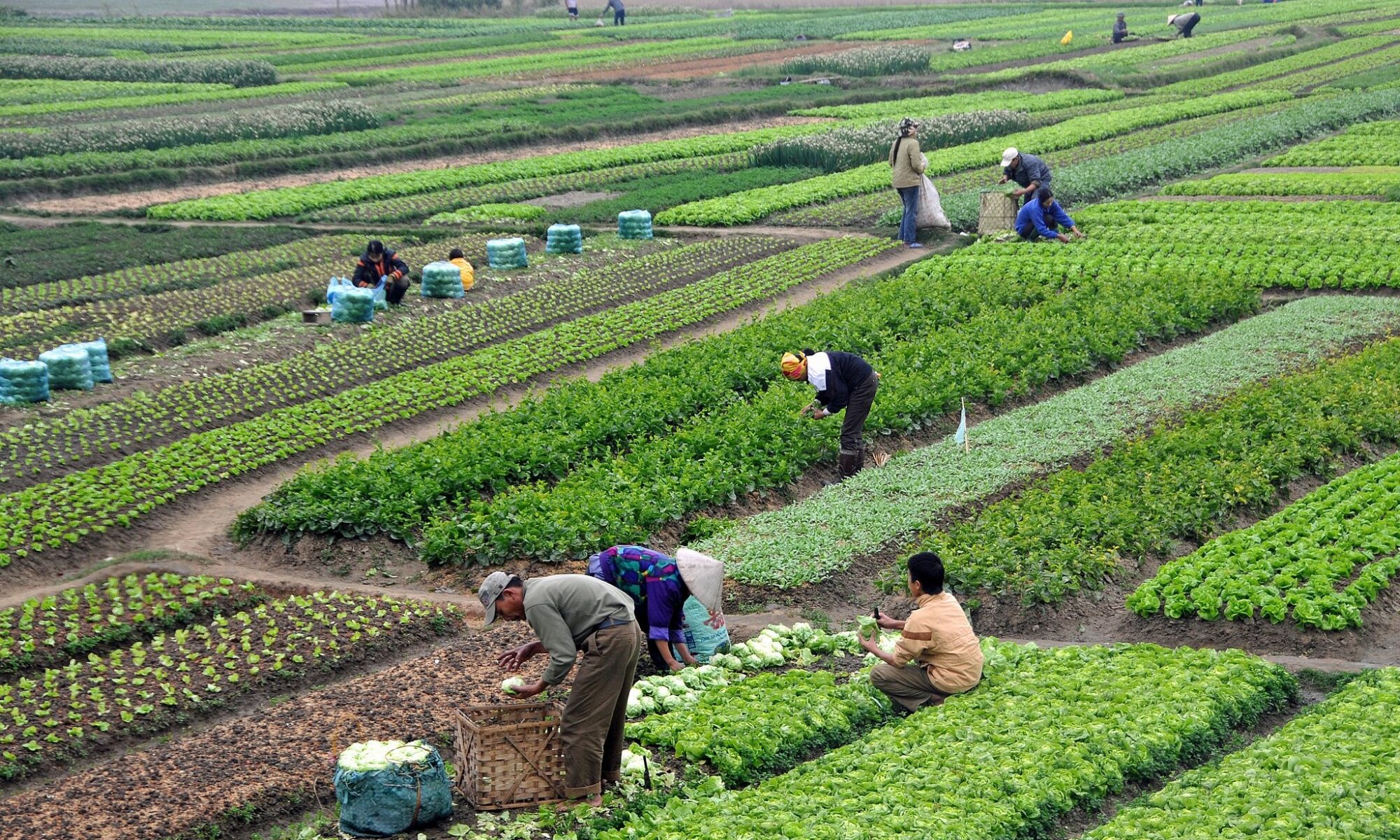By Caroline Hambloch, Helena Pérez Niño and Mark Vicol / New Rhythms of Development blog series
Contemporary debates in agrarian studies have been predominantly focused on land and property issues, at times to the detriment of questions about production and exchange. The large and expanding footprint of contract farming is one example of a relatively neglected – yet significant – dimension of contemporary agricultural systems in the Global South. Farming contracts are one of many forms of coordinating production and exchange that seek to avoid the uncertainty for producers and buyers of finding each other more spontaneously in open markets. Contract farming involves a non-transferable agreement between farmers and buyers that specifies the terms of production and marketing, typically relating to the price, quantity, quality and delivery of the product.
Continue reading “Contract farming is everywhere, but how does it affect agrarian relations in the Global South?”

